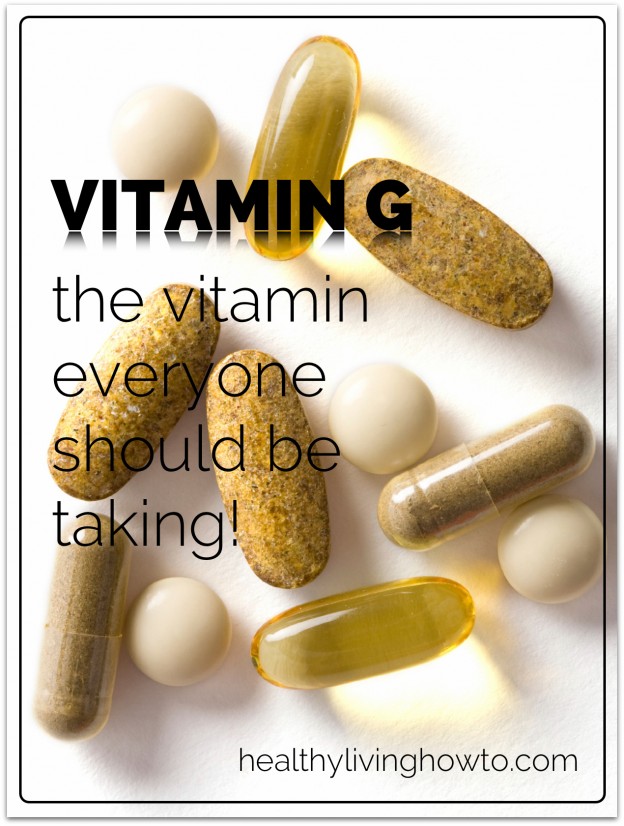
According to the University of California Davis Research on Gratitude and Thankfulness, grateful people report higher levels of positive emotions, life satisfaction, vitality, optimism and lower levels of depression and stress.
People with a strong disposition toward gratitude have the capacity to be empathetic and to take the perspective of others. They are rated as more generous and more helpful.
Grateful people place less importance on material goods, are less likely to judge their own and others success in terms of possessions accumulated and are less envious of others.
So how does one take a daily dose of Vitamin G?
Here's an easy tip from Rodale News…start by making an effort to thank people more often
Then advance to counting your blessings at least once a day for 30 seconds
Need some suggestions? Be thankful for your health, your food, your family, and friends
Brain expert, Dr. Daniel Amen, says gratitude is the best anti-depressant
To set the tone for your day, I suggest the “one minute in the morning method”.
In one minute think about things you are thankful for and write them down.
Perhaps you keep a journal in your bathroom and while you are getting ready for the day you jot your thoughts down.
If you are a coffee and newspaper person, I challenge you to journal first, newspaper second
Research has found that an attitude of gratitude not only improves our mood but is imperative for a healthy body and spirit as well.
In a world that tells us more is better, we are vulnerable to a thought pattern that focuses on what we don’t have instead of what we do.
Some of us are born with an attitude of gratitude, but for the rest of us, this takes practice. Daily practice.
“Gratitude unlocks the fullness of life. It turns what we have into enough, and more. It turns denial into acceptance, chaos to order, confusion to clarity. It can turn a meal into a feast, a house into a home, a stranger into a friend.” – Melody Beattie